Kingdom Stories: From the Lesser to the Greater
When Jesus assured the disciples that “faith the size of a mustard seed” could accomplish mighty works, he introduced a core principle of God’s Kingdom: the movement of God’s grace is from lesser things to greater things. God’s love moves us from places of sin and darkness into God’s glorious light. Through grace we go from moments of imperfect justice and “unrighteous judges” to a realm where God’s justice flows like water, and righteousness like an everlasting stream. In God’s Kingdom, the landscape of this world’s searing violence, discord, and war gives way to the high meadows of God’s country, where steadfast love and faithfulness shall meet, and righteousness and peace shall kiss each other.
On one hand, the characters in today’s simple parable from Jesus—a powerless widow and and unrighteous judge who couldn’t care less about her—reveal the imperfections and flaws in our present world. On the other hand, it is a story that reminds us that even in this flawed world grace gets its foot in the door, and through persistence, some small measure of justice can be found. From this “lesser” version of justice we derive so much hope, for the greater truth is that God’s deepest desire is to fully vindicate all of his children.
Kingdom Stories: See God's Kingdom Right in Front of Us
This sermon was not supplemented with a written reflection.
Blessing of the Animals 2019
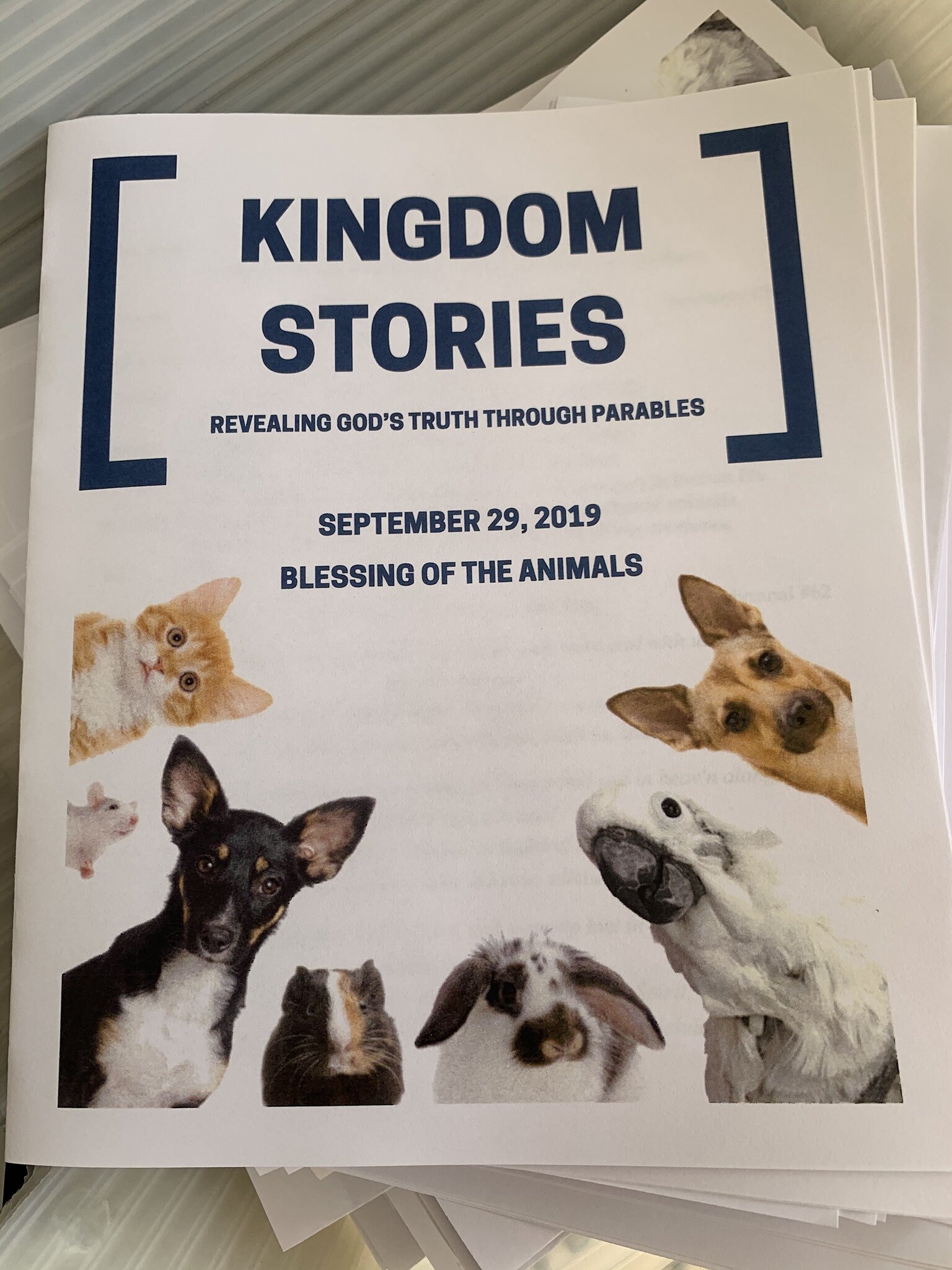
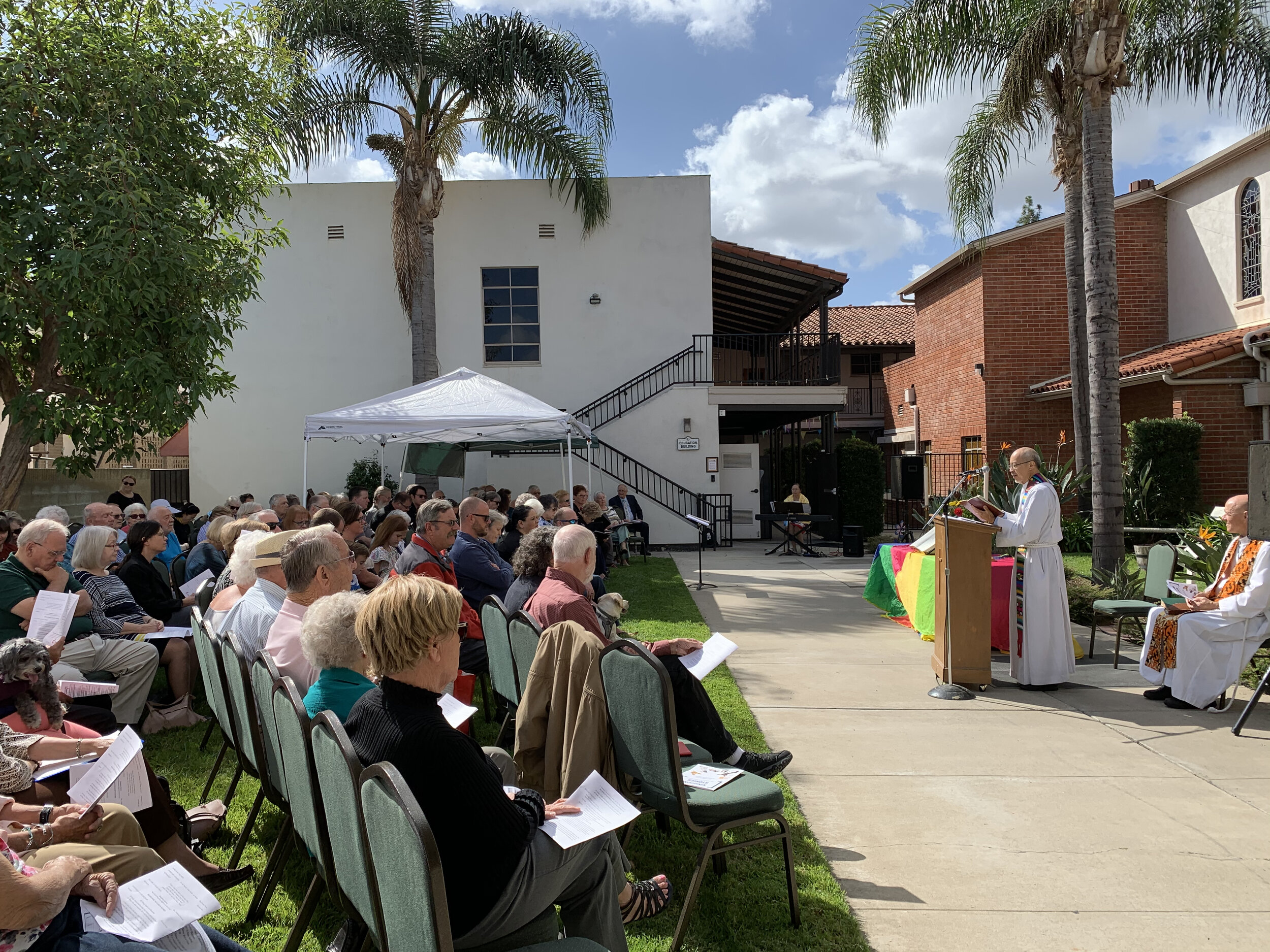
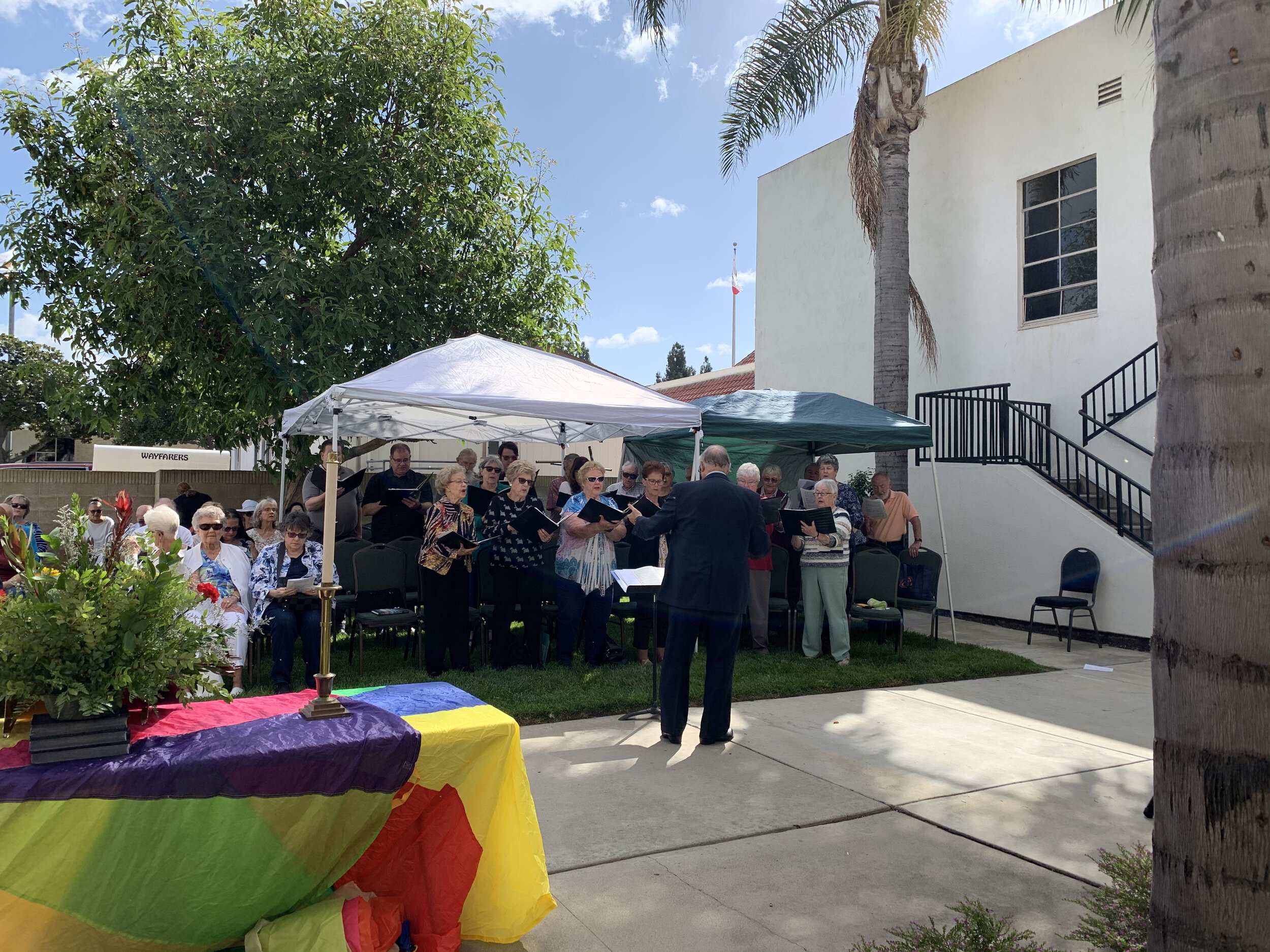
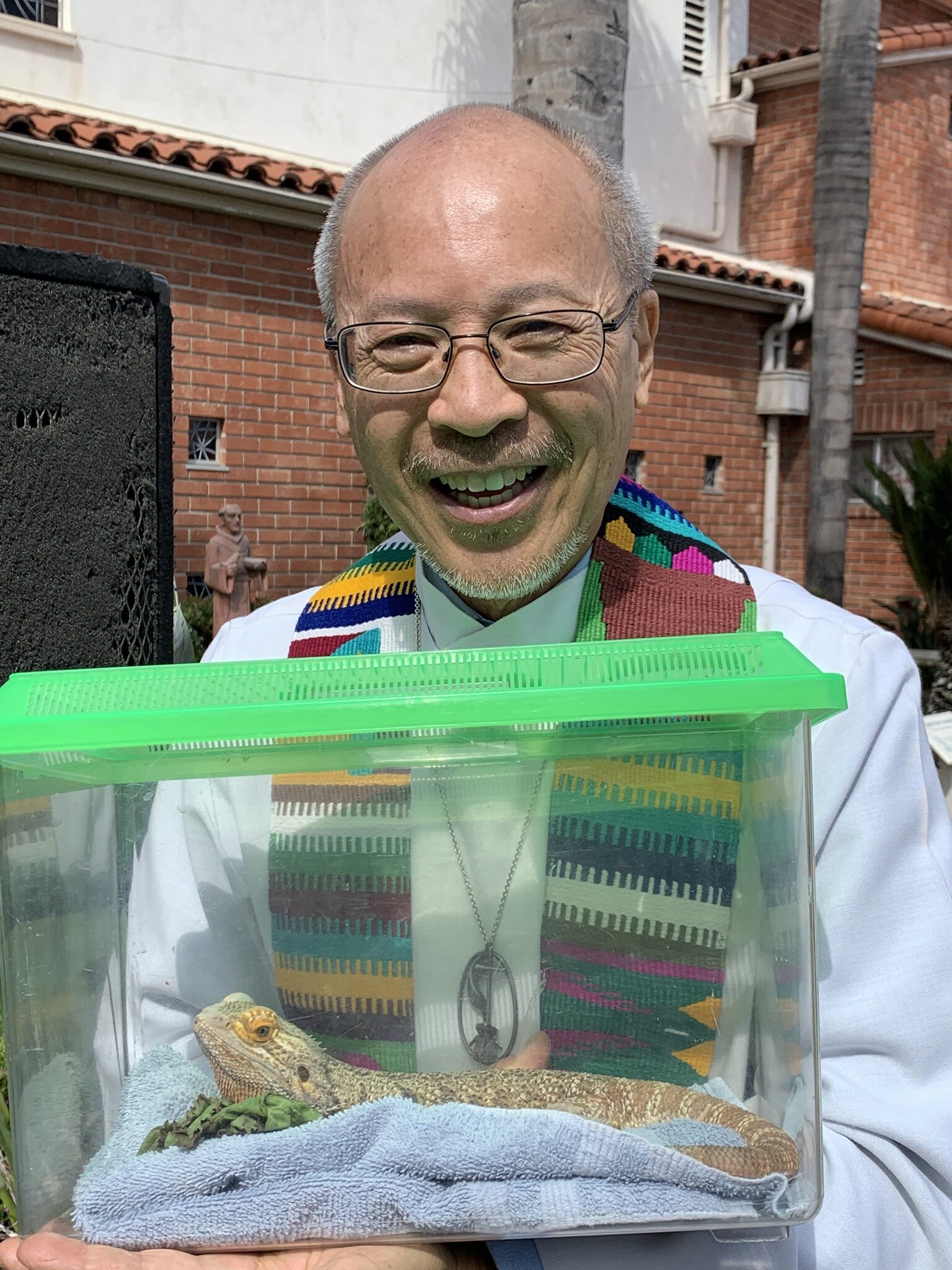



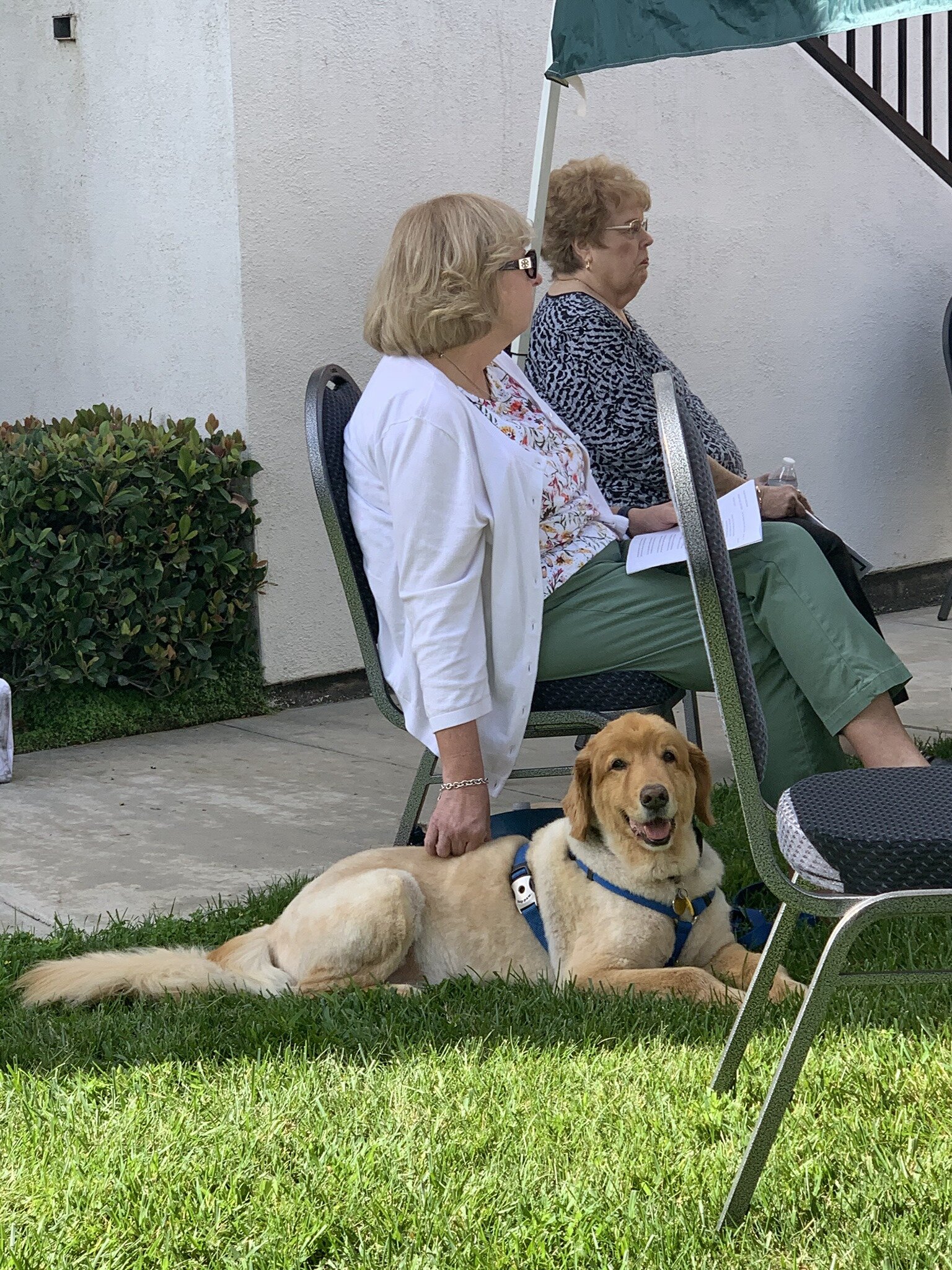
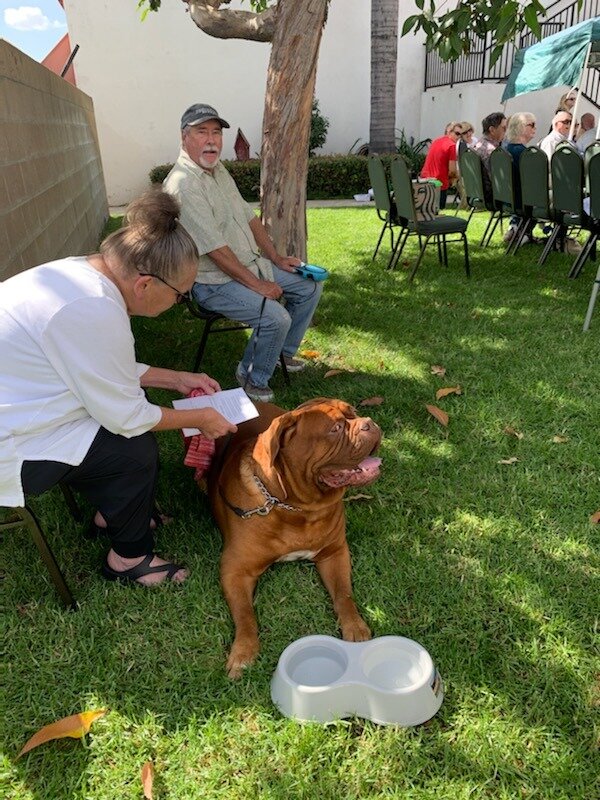

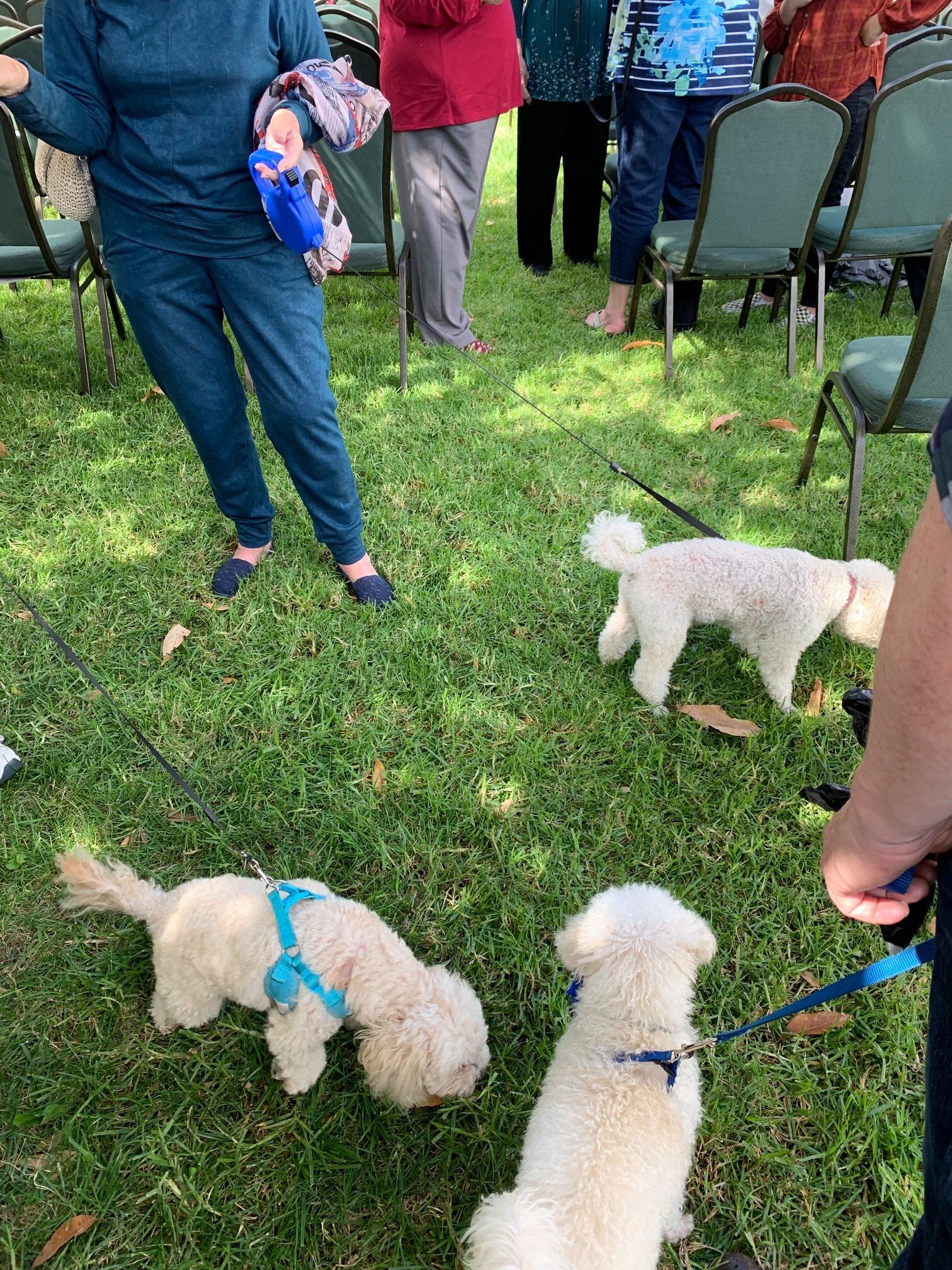
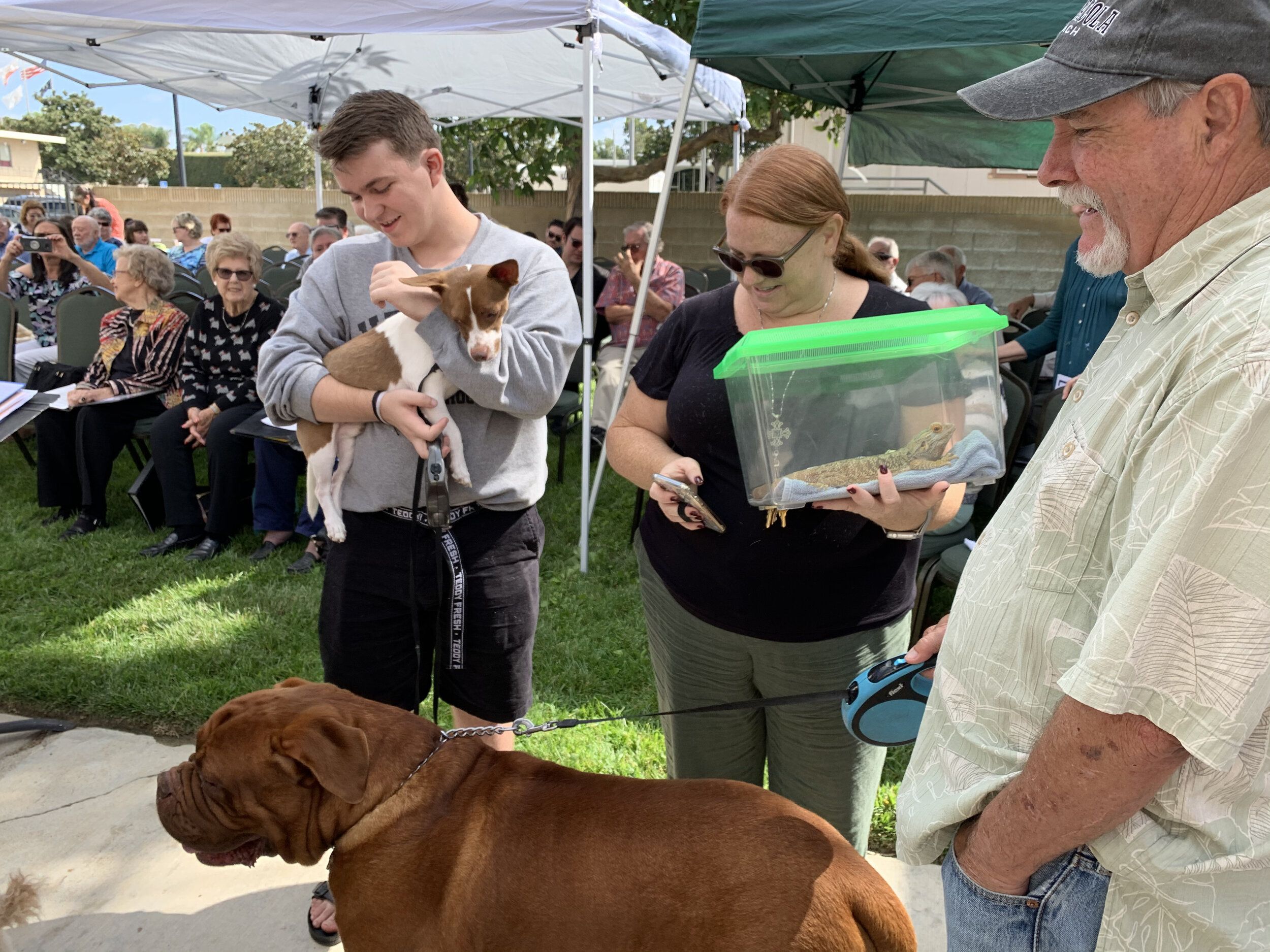
Summer Travels with Jesus: Love, Hate, and the Challenge of Possessions
“How much does this cost?”
It’s a phrase you can hear repeated in stores and marketplaces all over the world, as buyers and sellers come to terms with one another. Some people will spend hours negotiating, haggling, offering to barter and trade, stating and restating the value of their merchandise or their hard-earned cash. In the end, one of them will wind up saying “final offer...take it or leave it.” Haggling over a good deal starts out with a wink and smile, almost like a game, but getting a bad deal in the marketplace leads to bad feelings if we are on the “losing side.”
Jesus came to show the world that God’s love is more valuable than all the products in all the marketplaces, bazaars, car lots and real estate offices in the world put together. He never leveraged its value. He never haggled or bartered with it for one second. Breaking all the rules of the marketplace, he simply gave it away. For free. He flooded our “marketplace” with love and grace. Of course the suspicious marketeers—knowing nothing is free in their world—are the first to ask him, “how much will this Kingdom cost?”
“Everything” is Jesus’ reply. At that point many people walk away muttering “I knew it.” If these people could only let go of their clutching grip on the world of buying and selling and possessing things, they wold discover that this enormous cost of God’s kingdom had already been paid...
Summer Travels With Jesus: Home Worship
Due to our proximity to the Orange International Street Fair, the church was unable to have our regular worship service on labor day weekend this year. Instead, we met in the homes of 11 different church members to pray, converse, and share communion with one another.
During the point in the service where we would normally have the sermon, we did more of a devotional this week. Each home picked a couple of questions from the bottom of this post, and the group talked about them together.
Humility is a tricky subject, especially for those who are following Christ and are no longer following the “kingdoms of this world.” It turns out we still carry residual, worldly ideas about humility, honor, and who gets the credit for our work.
In the name of humility, gifted and talented Christians will sometimes sit back and wait to be asked, withholding their particular skills because they don’t want to be “boastful.” These persons tell themselves they are “practicing humility” before others, not wanting to draw attention to themselves or brag about themselves. They will silently watch as their church community flounders, awaiting someone with the right gifts to fulfill a particular role. Then, when our “humble” person is finally approached, and asked to pitch in, there is suddenly a wave of flattery and fame washing their way. “We had no idea you could do this!” “You’re so gifted and talented!” “I wish I had your skills!” Humility? Not even close.
True Christian humility understands that our gifts, talents, and skills come from God, whom we are pledged to serve as our Lord. If there is a need, and we have the ability to meet it, the most humble thing we can do is quietly step forward and offer our gifts to the community of Christ. By thus serving Christ, the Body of Christ is strengthened and our Lord receives the glory.
When serve in true humility, we serve “as unto Christ” and are no longer preoccupied by “who gets the credit.” If our good deeds and offerings are not even recognized in this world, we can be certain that our “Father, who sees in secret” knows of our service, and our reward is laid up for in God’s presence.
If you could have the best seat in the house, where would you be?
Share an embarrassing moment in your life and your proudest moment.
How does Jesus’ view of honor differ from that help by others at the meal?
What does it mean to you to have a place of honor?
Have you ever seen people exalt themselves? What was the result?
What benefits could you realize y consistently making humble choices?
What would it feel like to have Jesus choose you from the back of the room to come forward to a place of honor?
What would it be like if we treated one another with honor in the same way?
What is something special you can do this week for someone who is unable to repay you in kind?
Summer Travels With Jesus: A Life of Readiness
“Be ready,” said Jesus, “for the Son of Man is coming at an unexpected hour.” We want to be faithful, but we are tempted to ask, “Who can live in such a constant state of readiness?” The short answer is, anyone who has made time and space available to welcome the Kingdom of God. Whoever is able to live in a posture of hospitality is already prepared for the coming of Christ.
The foundation of Christian hospitality is the ability to be present for someone, to make our whole selves available to another. We practice seeing the world from “their” point of view. Their needs become our needs. Their hopes are as important as our own. Their words are able to move us, and their ideas bring value to our lives. To see the “other” made well and whole brings the deepest kind of joy to us, and fulfills the kingdom of God.
This is not to say Christ would have us become mindlessly servile, mere doormats available for whomever we meet to tread upon. Serving others in the name of Christ is a choice we make, a mindful decision to engage, know, and serve the “other” with all our heart, mind soul and strength. We make a gift of ourselves to another—whether they be friend or enemy—and commit to serving them as if we are serving Christ himself. And then suddenly, quite unexpectedly, we discover that in serving we are serving Christ, and the Kingdom of God has appeared.
Summer Travels with Jesus: Is There Still No Room for Him?
The journey to Jerusalem continues apace; Jesus has “set his face” to meet and fulfill his mission’s destiny. Along the way, Jesus encounters a man who is having a family dispute over the estate left by the man’s father. Believing Jesus to be a man of wisdom, voice for God’s justice and truth, he asks Jesus to settle the matter.
Jesus flatly refuses, and instead offers a parable about a farmer who had a bountiful crop and decided to keep it all for himself. In the midst of securing his bountiful harvest, the man died suddenly, and was therefore not able to keep any of it. “My work is about more important things than estate law,” is the gist of Jesus’ word to the man with the family dispute.
In our world today there are still many competing voices that vie for our attention, dissipate our energies, and distract us from the work of God’s kingdom. These voices tend to make us spiritually stupid, chief among them are the pursuit of material things and desire to have “more.” Whole lives are spent chasing after food that will not satisfy and water that leaves us thirsty. Apart from the Holy Spirit’s council, such persons often reach the end of their lives utterly unprepared to give up their earthly spoils and completely poor in spiritual things. Or as comedienne Lily Tomlin once famously quipped: “The trouble with the Rat Race is even if you win, you’re still a rat.”
Summer Travels With Jesus: The God Name Hallowed
The journey to Jerusalem was well underway. Jesus is engaging his disciples with whole new levels of mission and responsibility. The disciples sense, perhaps for the first time, the need for a whole different level of empowerment. They see Jesus finding solitude from time to time in order to pray, and notice the difference it makes in his ministry. They remember the holy fire of John the Baptist, and the confident assurance of the Baptist’s disciples, and they want more.
“Teach us how to pray like you, as John taught his disciples.”
The words Jesus gave at that moment were not new…they were words his disciples might have heard every day on the lips of everyday citizens. Jesus wants them to know that prayer is more than repeating “magic words” or tricking God into fulfilling our requests by adopting the “correct” religious stance. Prayer is instead a window into the heart of God…a way of connecting to God. Through prayer we begin to know and understand firsthand that God’s nature is love, and that God’s desire to see our lives made whole. There is a deep, deep power in knowing the constancy of God’s presence which can guide us through every circumstance.
The discipline of prayer—prayer the way Jesus would have his disciples experience it—is the powerful expression of grace that raises us from the busy routine of church work into the powerful Work of the Church.
